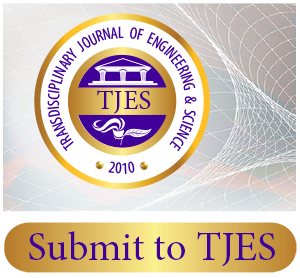HPTD-M for Public Management Sustainability:
A Proposal for Brazil
Abstract
This paper aims to study Brazilian public management through HPTD-M (an abbreviation for the Holopraxis Transdisciplinary Management theory). The excessive presence of analytical methods and bureaucratic rationality is a Brazilian bottleneck, as detected in this HPTD-M approach. Also in this article, the concept of transdisciplinarity is abbreviated (TD). The HPTD-M approach applied to sustainable public management is based on the principles of duality, i.e., interaction and integration of opposites, especially the analytical and synthetic methods, and four requirements, namely rationality, feasibility, reasonableness, and meaning. Besides, complexity can be transformed to simplicity through deep studies and discussions with all actors involved. The methodology to achieve the four requirements is derived from Jungian psychological functions: sensation, feeling, thinking, and intuition, respectively, which are translated into four skills or intelligence, namely empirical, emotional, rational, and intuitive. Findings involve dialectics as a sustainable duality required to improve the managerial aspects of the public organizations in Brazil: The dialogue between specialists and generalists, analytical and synthetic methods, academics and executives, technicians and managers, and techno-bureaucrats and politicians through education and change in legislation. In this context, the following are the four major groups of disciplines: technoscience, which involves technology and science; bureaucracy, which covers law and legislation; psychology, which includes the behavior of all actors in public administration and
their relationship; and politics, which involves dialogue and complete information to subsidize higher instances decision, as opposed to political ideology or dogmatism.


